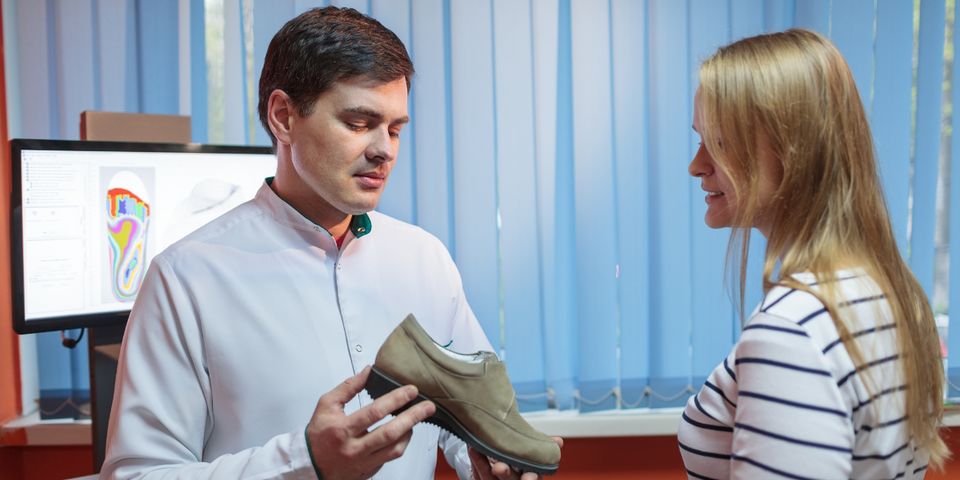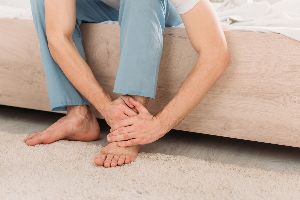What to Know About Peripheral Nerve Damage

There are numerous types of foot pain, including pain related to peripheral nervous system damage. Known as peripheral neuropathy, it comes in numerous forms, such as diabetic neuropathy that mainly targets the feet. Learn more about this nerve damage issue here, including how to manage it effectively.
What Are the Causes and Symptoms of Peripheral Neuropathy?
The peripheral nervous system connects the central nervous system, or the brain and spine, to the rest of the body, including the arms, legs, hands, internal organs, mouth, face, and feet. These nerves send physical sensation signals to the brain, including the sense of touch, while also helping the body function at an optimal level, such as regulating blood circulation.

If these nerves sustain damage from assorted injuries, a systemic disease like diabetes, certain medications, genetic disorders, or hormone imbalances, various symptoms can manifest. For example, in the case of diabetic neuropathy, uncontrolled blood sugar levels damage peripheral nerves, usually those in the legs and feet. Symptoms of diabetic neuropathy include foot pain, tingling, burning, numbness, and cramping. Balance issues, sores that do not heal, joint pain, weakness, and skin sensitivity are also common.
Other symptoms of peripheral neuropathy, such as motor neuropathy that affects muscle movements, can include muscle twitching, cramps, and wasting, as well as paralysis. If the autonomic nerves are affected, or the nerves responsible for bodily processes, symptoms can include excessive sweating, diarrhea, rapid heart rate, and dizziness.
How Can You Manage It?
If you are diagnosed with peripheral neuropathy, treatment naturally depends on the type, though following a healthy lifestyle is recommended regardless. For diabetic neuropathy, management includes controlling blood sugar levels with a nutrient-dense, low-sugar diet, such as one rich in vegetables, whole grains, lean proteins, and fruits. Avoid smoking, since it causes the arteries to harden and narrow, which reduces blood circulation in the legs and feet. Foot care includes inspecting the feet every day for cuts and sores, wearing cushioned footwear to prevent blisters, and trimming the toenails straight across to avoid ingrown toenail infections.
It also helps to exercise regularly according to your doctor’s suggestions, as working out supports healthy blood circulation and maintains your weight. High blood sugar from being overweight is among the risk factors for diabetes and nerve damage.
If you have foot pain from peripheral neuropathy or any other foot problem, make an appointment at Advanced Foot Care Center of Rochester. Based in Fairport, NY, Dr. Joseph G. DiPrima has served the region for over 33 years and offers two convenient locations. He is board-certified in foot surgery but always tries non-surgical treatments first. Call (585) 249-0020 to request an appointment or learn more about foot pain services online.
About the Business
Have a question? Ask the experts!
Send your question

